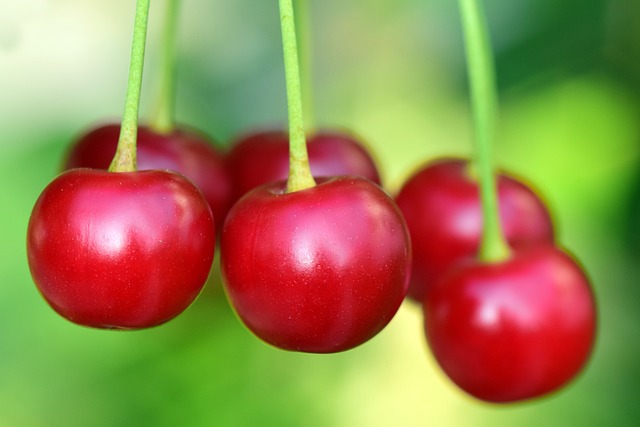The Gut Gardeners: Understanding Probiotic Strains and Their Unique Superpowers
Probiotics have gained immense popularity in recent years for their potential health benefits, especially for maintaining a healthy gut. But did you know that not all probiotic strains are created equal? Each strain possesses unique characteristics and superpowers that can have specific effects on our overall well-being. In this article, we will delve into the fascinating world of probiotic strains and explore their diverse roles in supporting our gut health.
Lactobacillus acidophilus: The Digestive Champion
Lactobacillus acidophilus is perhaps one of the most well-known and extensively studied probiotic strains. This friendly bacterium has remarkable digestive powers, aiding in the breakdown and absorption of nutrients. L. acidophilus also produces lactic acid, which creates an acidic environment in the gut, inhibiting the growth of harmful bacteria and promoting a healthy balance of gut flora.
Studies have shown that L. acidophilus can help alleviate digestive disorders such as diarrhea, bloating, and irritable bowel syndrome (IBS). It may also strengthen the intestinal barrier, reducing the risk of leaky gut syndrome. Adding L. acidophilus to your daily routine could be an excellent way to cultivate a flourishing gut garden.
Bifidobacterium bifidum: The Immunity Booster
Bifidobacterium bifidum is another probiotic strain that plays a crucial role in supporting our immune system. This strain is particularly abundant in the gut of breastfed infants and has been shown to enhance immune response and protect against various pathogens.
B. bifidum strengthens the gut barrier, preventing harmful substances from entering the bloodstream. It has also been associated with a reduction in respiratory infections and allergies. By incorporating B. bifidum into your daily regimen, you can give your immune system the boost it needs to ward off unwanted invaders.
Escherichia coli Nissle: The Gut Guardian
Escherichia coli (E. coli) may sound familiar, but not all strains of this bacterium are harmful. In fact, one particular strain, known as E. coli Nissle, has proven to be a true gut guardian. Discovered in the early 20th century, this probiotic strain has been extensively researched for its ability to maintain a healthy intestinal environment.
E. coli Nissle produces a substance called colicin, which helps eliminate harmful bacteria and pathogens in the gut. It also enhances the production of protective mucins, fortifying the gut lining against damage. Studies have shown that E. coli Nissle can be effective in managing various gastrointestinal disorders, including inflammatory bowel disease (IBD).
Saccharomyces boulardii: The Gut Balancer
While most probiotics are bacteria, there are also beneficial yeast strains that can support our gut health, such as Saccharomyces boulardii. This probiotic yeast has gained recognition for its ability to restore and maintain a healthy balance of gut flora.
S. boulardii produces enzymes that help break down harmful toxins and prevent them from damaging the intestinal lining. It also stimulates the production of antibodies and immune cells, providing additional protection against pathogens. This powerful yeast can be especially beneficial for individuals experiencing antibiotic-associated diarrhea or yeast overgrowth.
Choosing the Right Probiotic Strain
With a wide array of probiotic strains available, it’s essential to choose the right one to target your specific health concerns. It’s recommended to seek professional advice, such as consulting a healthcare practitioner or nutritionist, to determine which probiotic strain suits your individual needs.
When selecting a probiotic supplement, consider factors such as the strain’s scientific evidence, potency, and compatibility with your digestive system. Additionally, opt for products that ensure the viability and stability of the probiotic strains until the expiration date.
Remember, the effectiveness of probiotics can vary from person to person, and it may take time to notice significant improvements. Incorporating a diverse range of probiotic-rich foods such as yogurt, kefir, sauerkraut, and kombucha into your diet can also provide a natural source of beneficial bacteria.
In conclusion, probiotics offer an exciting world of gut gardeners with unique superpowers. From digestive champions and immunity boosters to gut guardians and gut balancers, each strain contributes differently







